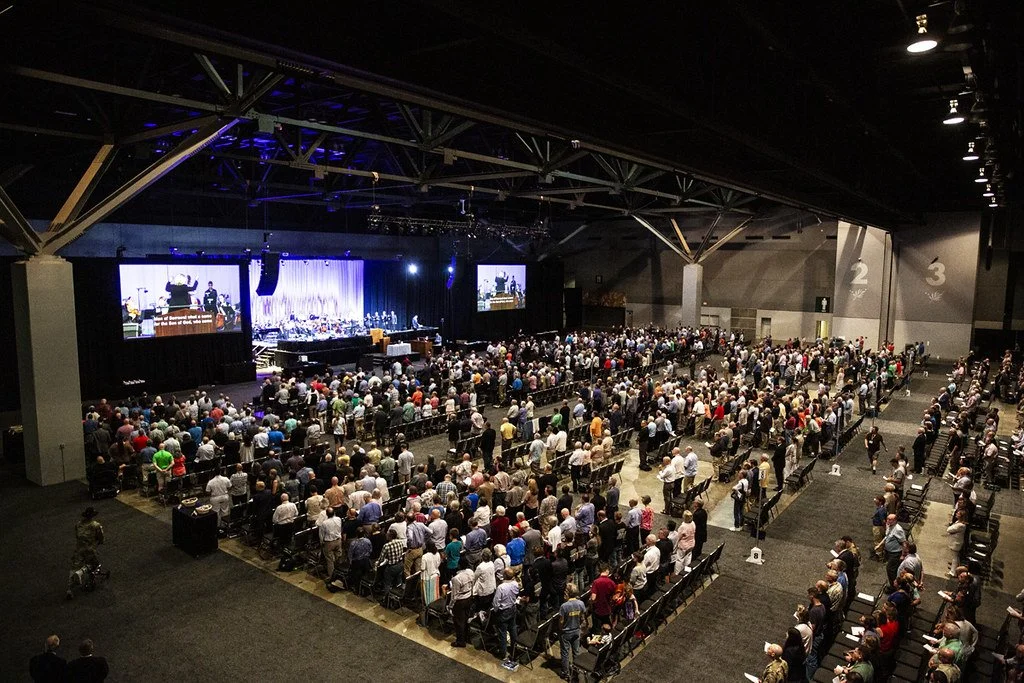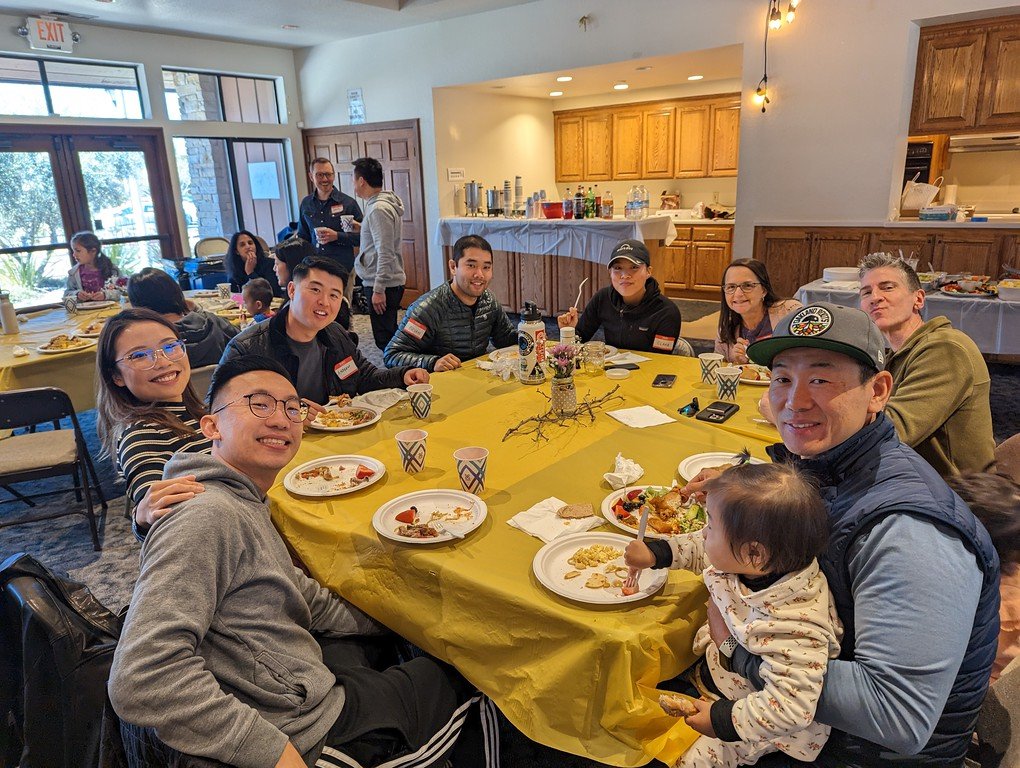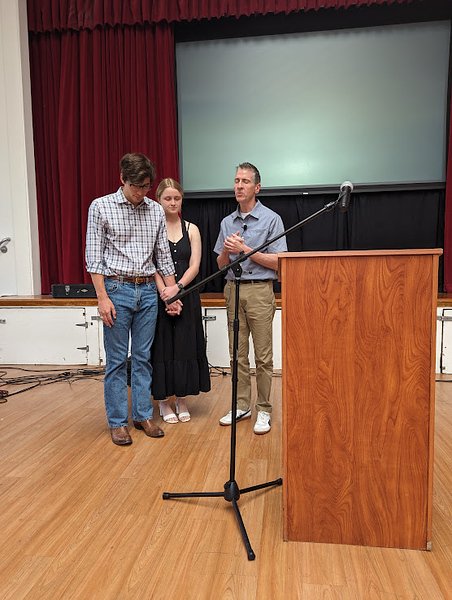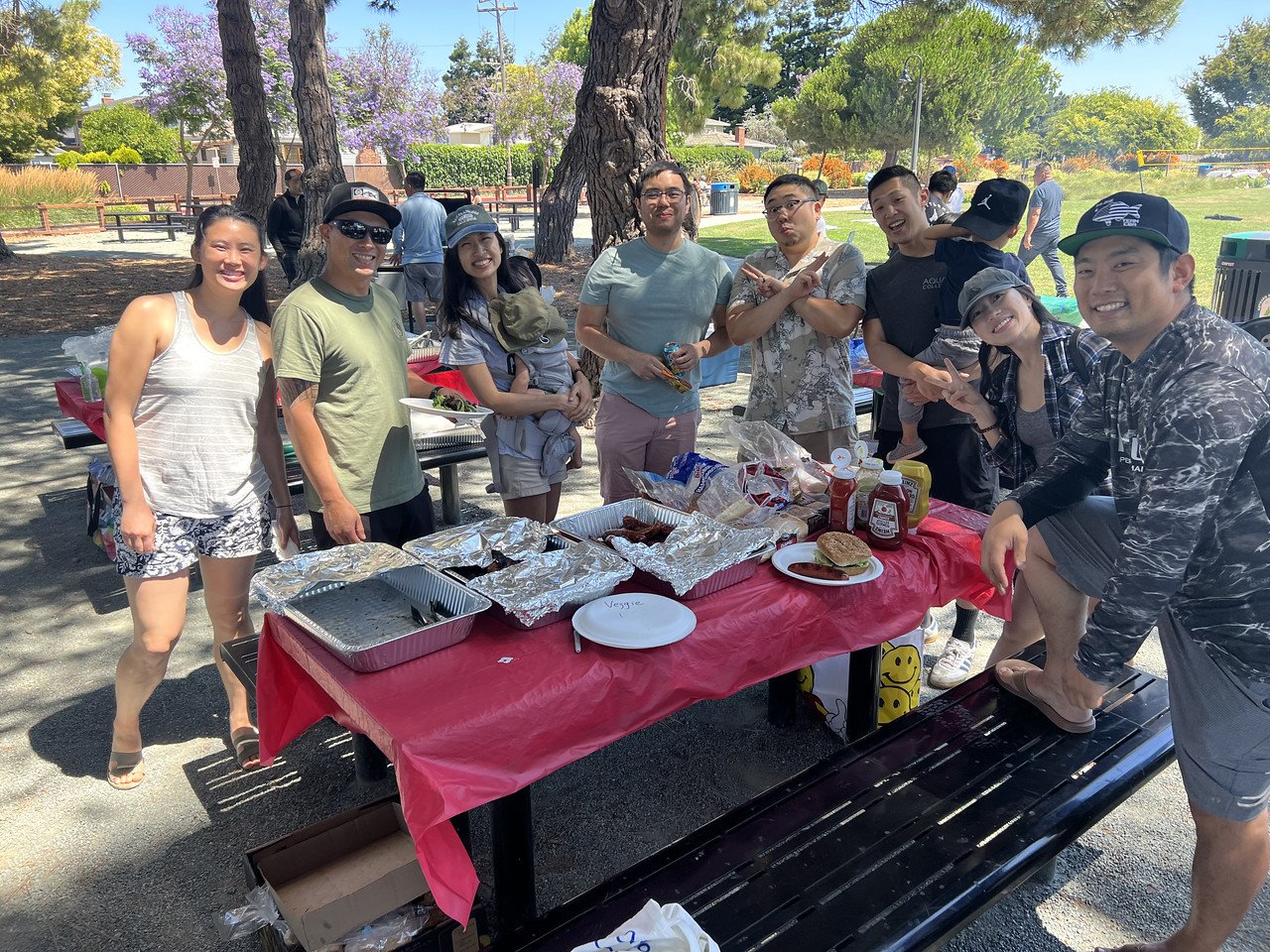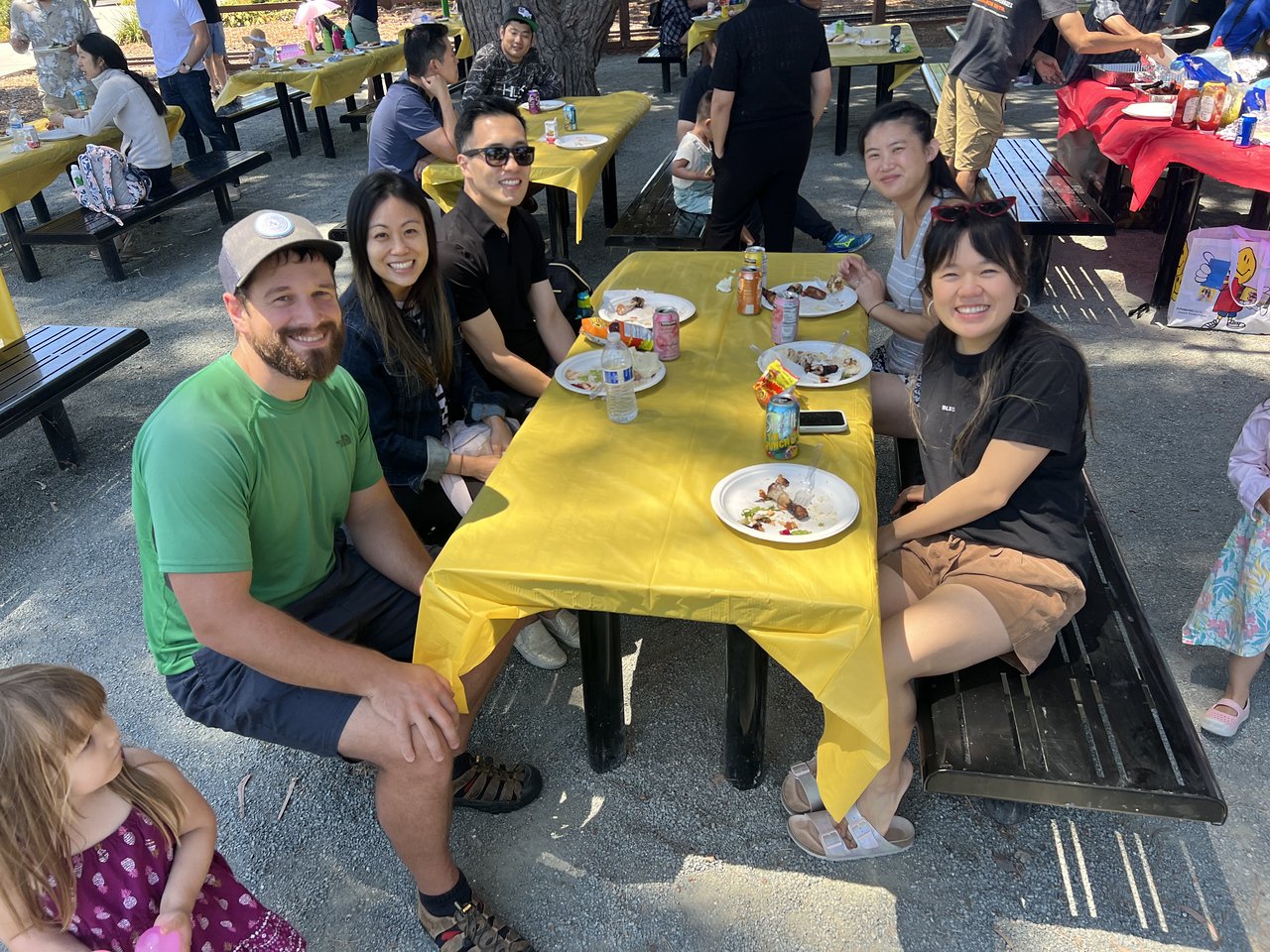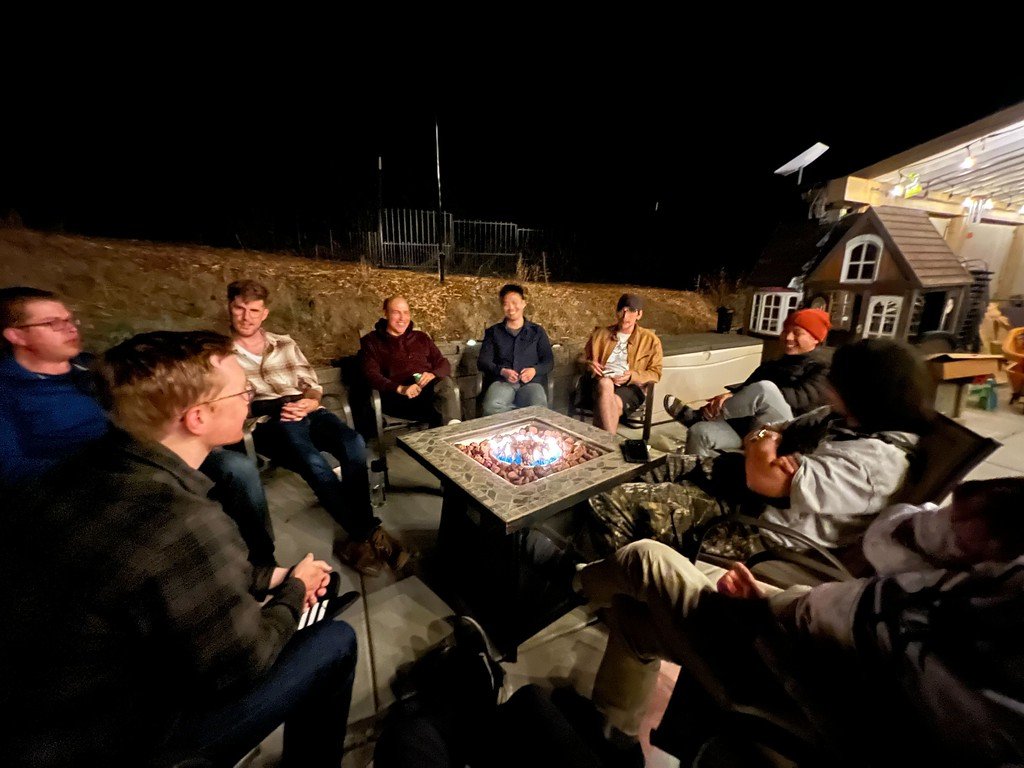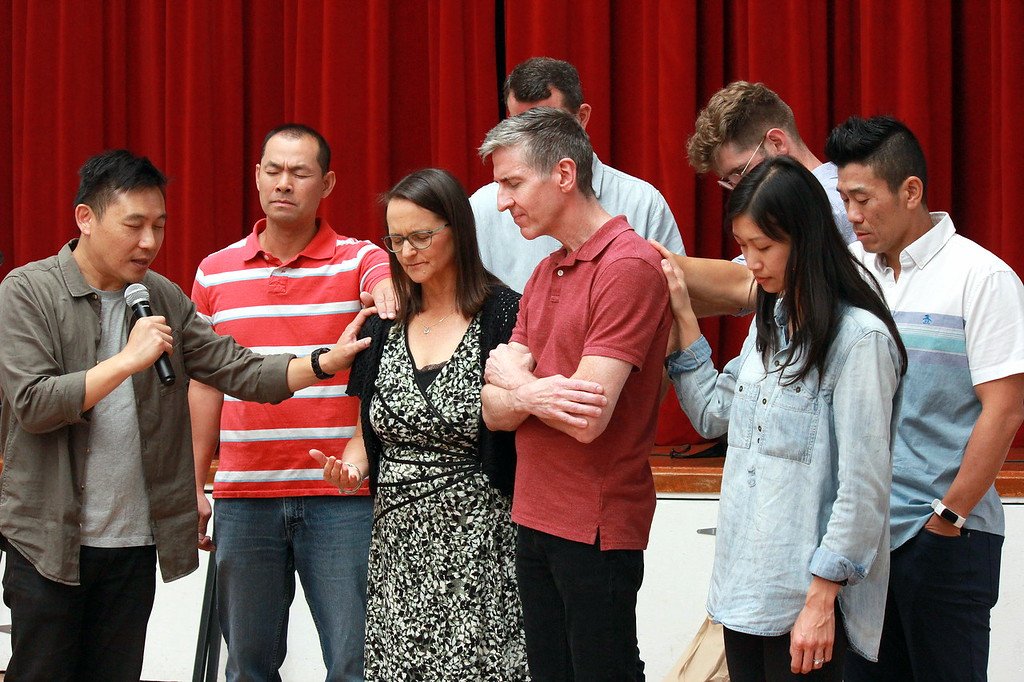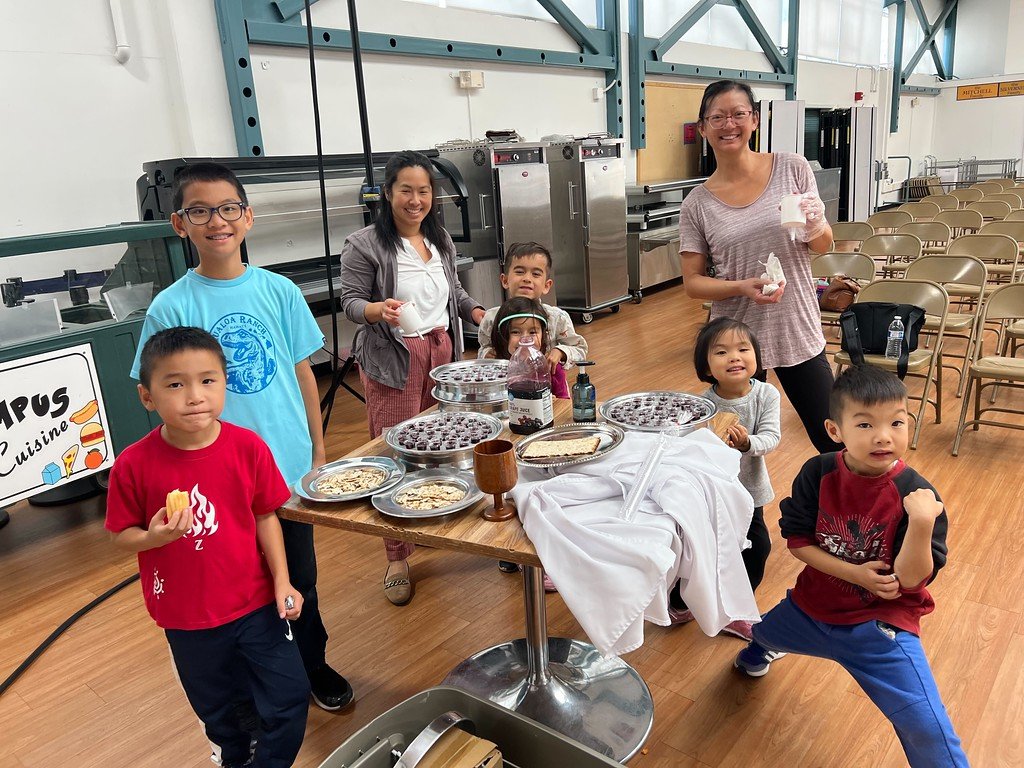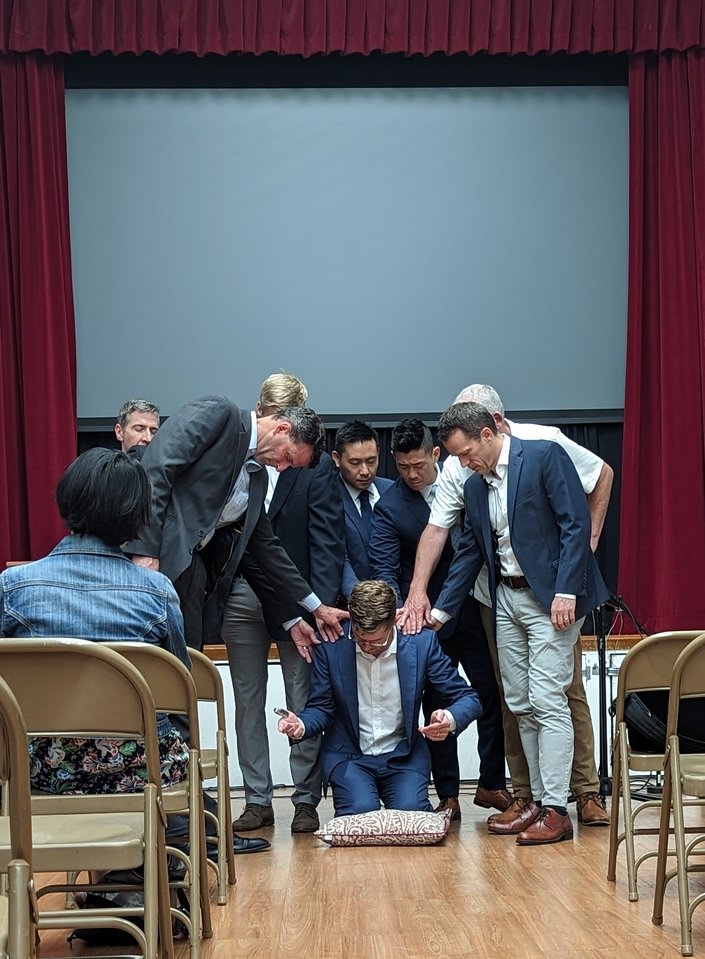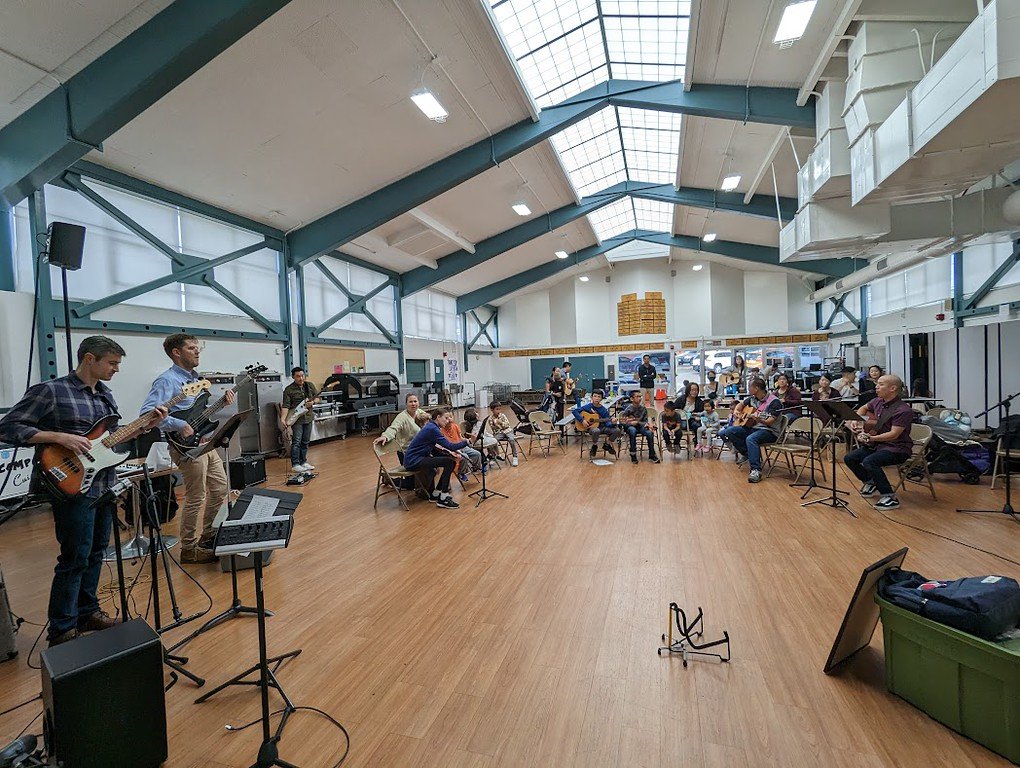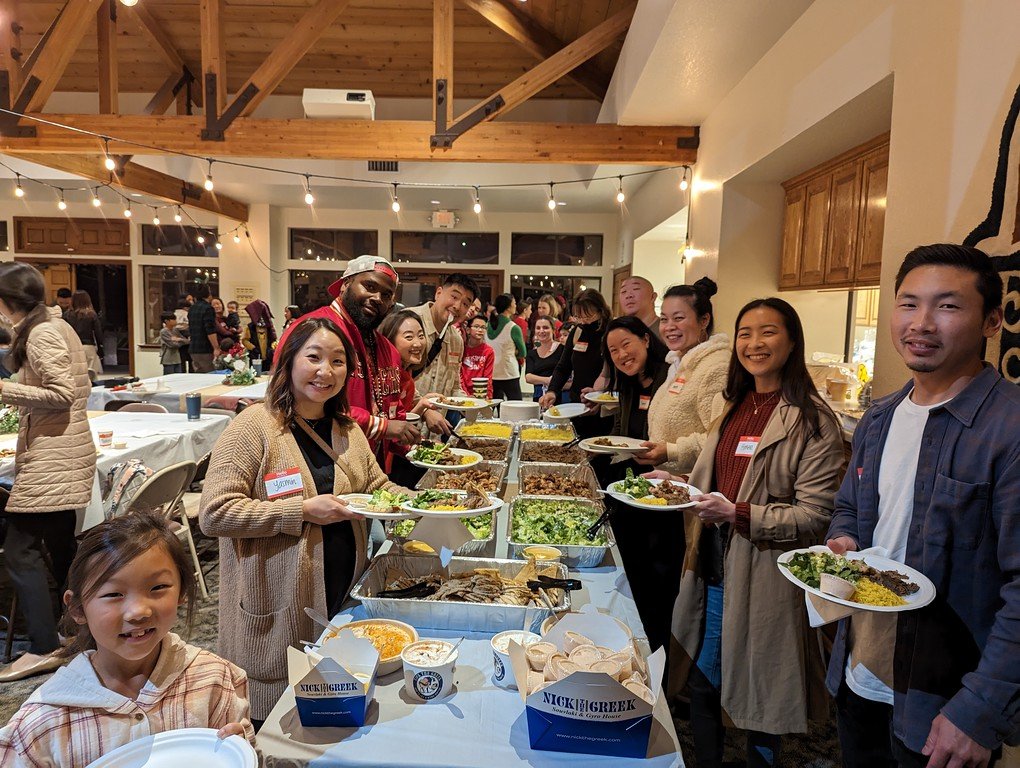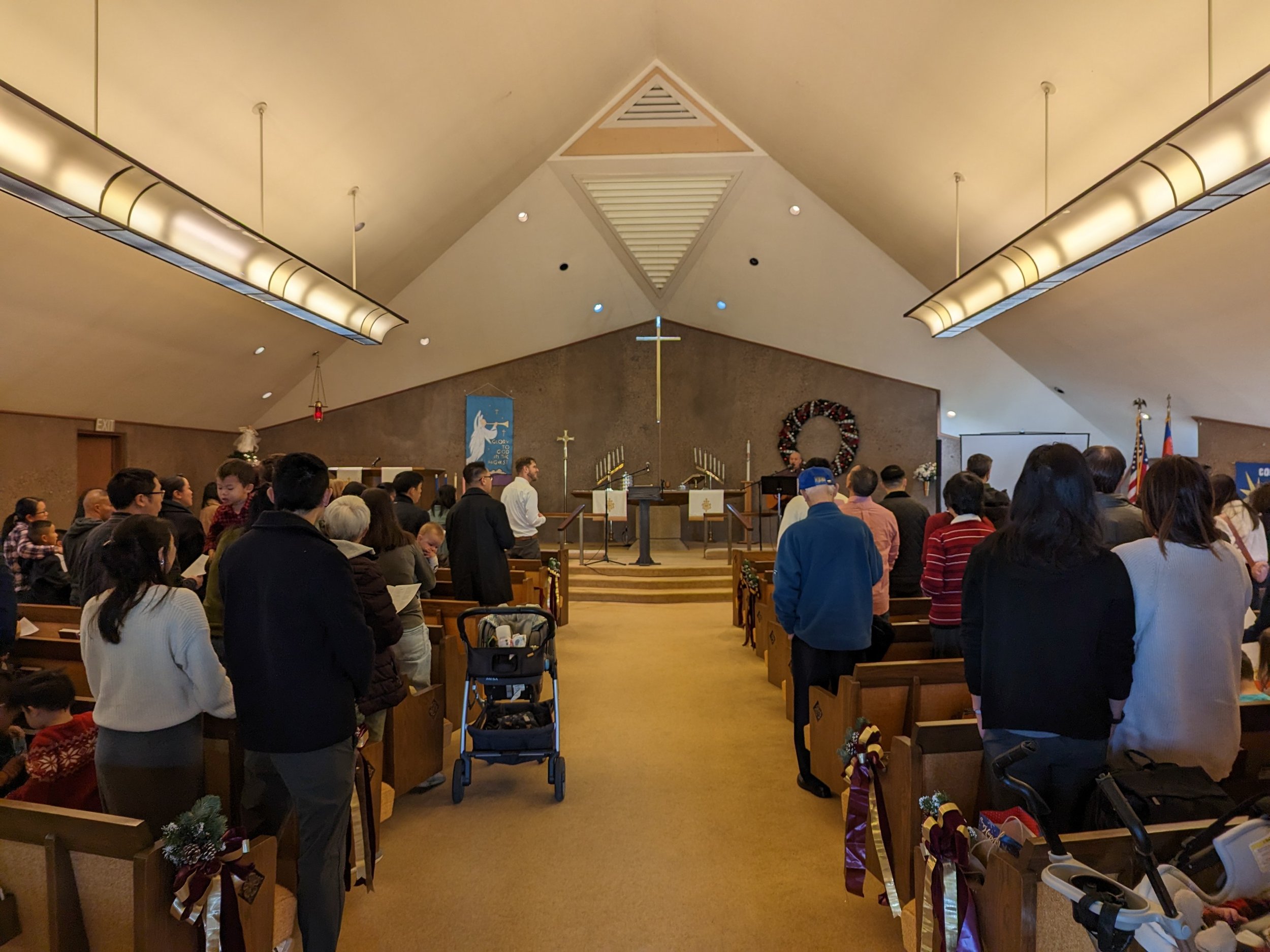We recently replaced our three children's classes that met during the sermon and communion portion of our service with a children's worship time during only the sermon. I saw this as a shift from what was essentially a Sunday School to something more akin to a worship service for our children. A thoughtful parent and former teacher in the old model recently asked "Is there really that big a difference between the two?" There's a lot in children's worship that resembles a traditional Sunday School. That's true. Why make a distinction? Why prioritize worship over Sunday School? The following seeks to explain what in my mind was the difference as well as why I think it matters.
When I think of Sunday school, the goal has to do with some mastery of knowledge, hopefully the Bible or some doctrine. That's why Sunday schools were started in the late-19th century. It sought to give religious and biblical instruction to children whose parents weren't Christians and who didn't attend church. It wasn't happening at home, so reformers sought to supplement the neglect with the church. The model for the Sunday school is in the name: the school. A school presumes ignorance as the chief problem and seeks to remedy that problem with instruction and information.
Education and schools are massively important in our society. There's been an extraordinary explosion in the amount and quality of schooling over the last hundred years. Education has produced unprecedented wealth, expertise, and technology. I feel this personally. Higher education provided a door out of poverty for my grandparents and even my parents. Conservatives and liberals alike believe in education as a pillar of our society. That's produced a deep faith in education. One Ivy-league historian has called the twentieth-century faith in schooling the "education gospel." (Even to name drop an "Ivy-league" professor confirms that gospel). Education is the answer not only to poverty and economic mobility, but racism and prejudice and inequity and hatred. We can educate the ills out of our children. Bay Area people will move all over, commute long distances, and pay exorbitant amounts for a better school for their kids.
This education gospel undoubtedly has an influence on the church and especially how we think of children's ministry.
Christianity involves a system of knowledge that needs to be taught. It was that way from the beginning. The Lord commissions Aaron as high priest and commands him to "teach the people of Israel all the statutes that the Lord has spoken." Jesus was a rabbi, which means "teacher." Paul referred to his work in terms of teaching. Christians from an early time have sought to express their beliefs in creeds and confessions. We are to give away and guard that body of teaching. That's why our denomination calls the ministry the office of teaching elder. Teaching is important. (Lev 10:8-11; Matt 8:19; 1 Tim 4:11, 16)
But Christianity is not merely a system of knowledge and a sermon is not merely the dispensation of information. To miss the relational and personal (or what theology calls covenantal) nature of our God and his salvation is to completely miss the proverbial boat of salvation. It is to see the trees and miss the forest. We do need to believe the right things about God. But just as important is knowing God, personally. Here's how Jesus defines salvation: And this is eternal life, that they know you, the only true God, and Jesus Christ whom you have sent. (John 17:3) This is not just a knowledge about Jesus. It is knowing Jesus. There is dispensation of information in a sermon, to be sure. But the goal of the sermon is to know God more. To hear him personally. To love him more, to believe him more, to have his Word intervene into the chaos of our internal life and the grind of life lived and make some difference in how we breathe and live and love others.
So what does this have to do with Sunday school and what our kids do during the sermon?
Here's an illustration. Let's say as a child, you're parents told you about a wild Great-Uncle Bart. He was legendary in the family. Great Uncle Bart had traveled around the world in a hot-air balloon. He was a co-owner of a Premier League team and was an original investor in Apple. There was nothing he hadn't done. You loved hearing stories about Uncle B. But you had never actually met him. You knew a lot about Uncle Bart but you don't know him. Imagine the joy of the day when you got to meet Great Uncle B and hear his stories from him.
Sunday school is talking about Uncle Bart instead of talking directly to Uncle Bart.
My primary concern about doing Sunday school during the sermon is that it communicates to them that faith is primarily about knowing something about God rather than knowing God. The Sunday sermon is NOT analogous to a classroom. Salvation does not come through acquiring knowledge. That's a post-Enlightenment heresy that sees new data, new science, new knowledge as salvific. That's the education gospel. It's also a very old heresy called gnosticism, which viewed knowledge or "gnosis" as the key to salvation. The Christian gospel by contrast says salvation comes through being introduced to God in the Lord Jesus Christ and knowing and loving him who first loved us.
I know lots of people who grew up in church. They went to Sunday school. They knew about God, his rules. But they didn't know God. Scores of millennials and Gen Z who grew up in church are walking away from faith and church. They know about God but they don't know God.
Such can be true of us with God. In fact, you could say that this was the prime problem of the Old Testament saints. They knew about God, but they did not know God. That's what God says will be the difference in the new covenant. And no longer shall each one teach his neighbor and each his brother, saying “Know the LORD,’ for they shall all know me, from the least of them to the greatest, declares the Lord. ..I will be their God and they shall be my people (Jeremiah 31:31-35).
And our children CAN know God. That Jeremiah passage, God says that they shall all know me, from the least to the greatest. When the disciples ask Jesus who is the greatest, Jesus says Whoever humbles himself like this child is the greatest in the kingdom of heaven (Matt 18:1). God holds up a child to say, "be like this child." Know me like this child.
Too many Sunday school formats never take a moment to discern what God is already doing in this child. They major on the dispensing of knowledge and rewarding it. They don't expect God to do anything in the child at that moment. They don't invite the child to repent and believe. And the entertainment-music-thumping-high-energy-self-esteem-boosting production that passes for children's ministry in many modern churches is ill preparation for the kind of sober-minded, thoughtful, prayerful, God-exalting attitude needed for participation in the worship of our God.
Now my hope for our kids' salvation is not in some program. It is in the Holy Spirit's regenerating power. And I actually do think we need a time to teach our kids the Bible, to teach them doctrine. But if we're going to only have one program for our children (and right now our church appetite and volunteer willingness seems to indicate we can only sustain one program right now), I think we should major in creating an environment where kids will not just be talked at by adults or taught new information or be rewarded for content mastery. We should major in kids being invited and encouraged to relate to God personally. I always want to keep forefront in our minds the goal of introducing them to God, of them hearing from God themselves and talking to God themselves.
The goal of our children's programming needs to be preparing them to participate in the church's worship service fully. We need to grow them in hearing Jesus' voice in the Scripture. We need to grow them in paying attention to the Holy Spirit's movings. And we should not wait until they are in junior high or high school. Children can know God now.
One last thought on your contribution as a parent (or your support of a parent). The studies all show the parents' faith as the most determinative factor in passing down the faith. We can in children's ministry help them experience the living Jesus who is their Good Shepherd. But most importantly, your child needs to see you in worship and in the preaching hearing Jesus' voice and responding to the Spirit. Children's ministry begins and ends with knowing God through Jesus Christ. But children's ministry also begins and ends with you, parent, with God working through you to introduce your child to your Lord that you know, surrender to, trust, love, and worship.
Pastor Jesse

